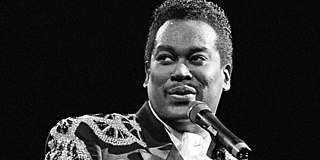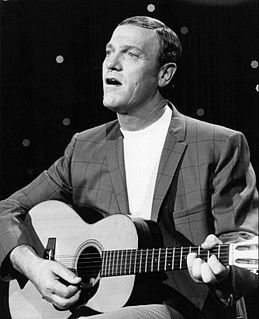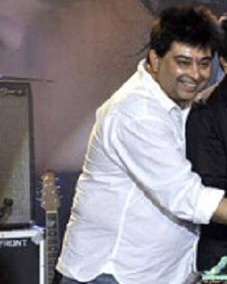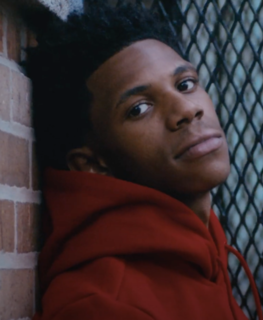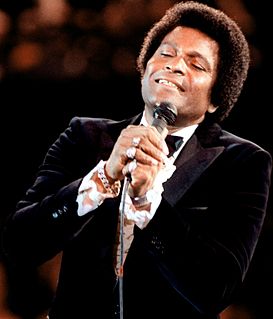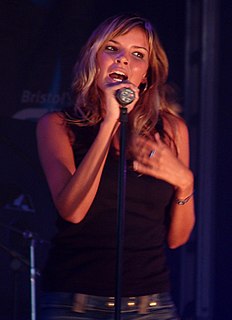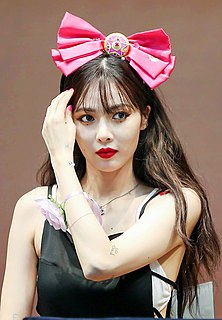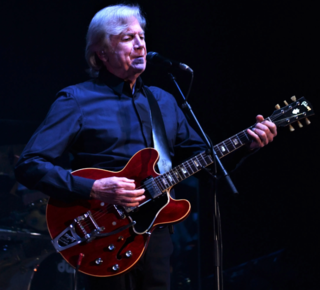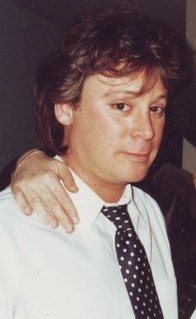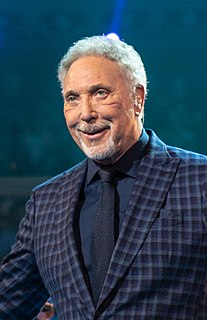A Quote by Luther Vandross
I'd like to be remembered as a premier singer of songs, not just a popular act of a given period.
Related Quotes
I sung from an early age and I was always given nice parts in school musicals, but I definitely wasn't the golden girl. I didn't have the guts. You've got to have a real confidence in yourself to be like: "I'm gonna be a singer and write songs." I never thought it would go anywhere because it's so unattainable to be a singer.
When I was a teenager, I dreamed of being an opera singer like Maria Callas or a jazz singer like June Christy or Chris Connor, or approaching songs with the kind of mystical lethargy of Billie Holiday, or championing the downtrodden like Lotte Lenya. But I never dreamed of singing in a rock-and-roll band.
